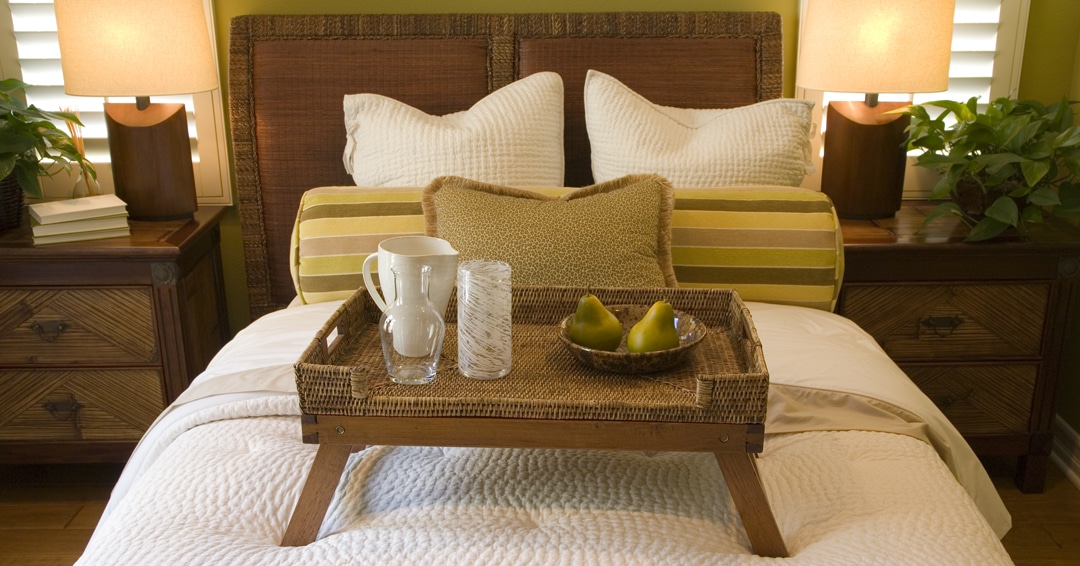By Matthew M. McKeon, Esquire-
Like the rest of the country, Pennsylvania has seen a surge in homeowners listing their properties for short-term rentals on online platforms like Airbnb or HomeAway. This type of property use has led to questions about how short-term rentals of residences should be treated under zoning ordinances, which often fail to address this new type of property use.
In the last few years, the Commonwealth Court of Pennsylvania has decided three different zoning appeals involving short-term rentals of single-family homes in residential zoning districts. In each of these cases, the zoning hearing boards determined that the rentals of the homes at issue were prohibited because short-term rentals were not among the permitted uses in the zoning districts. In all three cases, the Commonwealth Court reversed, concluding that the zoning ordinances’ definitions of “single-family dwelling” and “family” did not prohibit the short-term rental activity. The Commonwealth Court also noted in each case that the municipalities had labeled the rental activity as a use whose definitions did not apply to the rentals (e.g., “vacation rental,” “lodging house,” etc.). The Commonwealth Court held that while municipalities could amend their zoning ordinances to define and prohibit short-term rentals of single-family dwellings, they may not prohibit the rentals if the zoning ordinance is ambiguous or silent on the subject.
In April 2019, the Pennsylvania Supreme Court overturned this line of Commonwealth Court decisions. The Supreme Court held that municipalities are not required to define a new type of use in their zoning ordinances in order to prohibit that use, and that uses of property are prohibited unless expressly permitted in the zoning ordinance. The Supreme Court also held that the occupants of a single-family dwelling are not a “single housekeeping unit” (a common element of zoning ordinances’ definitions of “family”) unless they actually function as a family. The Supreme Court listed behavior like residing long-term in the home and eating meals together as evidence that the occupants function as a family.
What Does This Decision Mean for Owners Who Want to List Their Property for Short-Term Rentals?
The Supreme Court’s decision means that municipalities can prohibit short-term rentals of single-family homes without changing their zoning ordinances to address this new type of rental. The decision also makes it harder to argue that these types of rentals are consistent with the traditional “single-family dwelling” use, at least if the local zoning ordinance defines “family” in a manner similar to the ordinance addressed by the Supreme Court. However, the Supreme Court’s decision does not affect those municipalities – such as Philadelphia – that have decided to conditionally permit short-term rentals of homes.
What if You Still Want Approval for Short-Term Rentals of Your Property?
Homeowners may still be able to obtain municipal approval for a short-term rental of their home even if it is not among the uses permitted in the zoning district. One possible way to achieve this would be to obtain a use variance. Some municipalities may condition a variance on the homeowner agreeing to limitations on such things as the number of guests, parking, and noise. Other municipalities may choose to amend their zoning ordinances to allow short-term rentals of homes as a special exception or conditional use. Homeowners interested in listing their properties for short-term rentals should consult with a land use attorney to assess any zoning implications.
Matthew M. McKeon is an attorney in MacElree Harvey’s West Chester office and a member of the firm’s Land Use Practice Group. Matt primarily focuses his practice on land use, zoning, and litigation-related matters.
To learn more about Matt’s practice or to schedule a consultation, call (610) 840-0225 or email [email protected].





